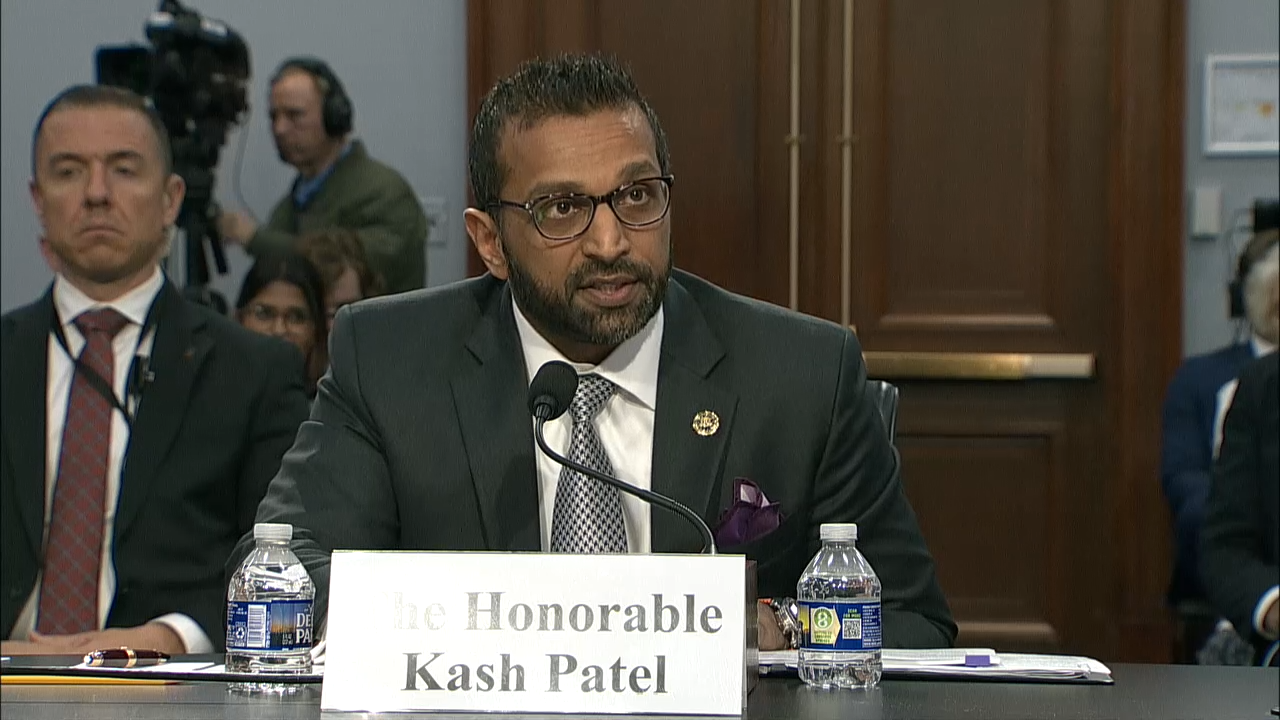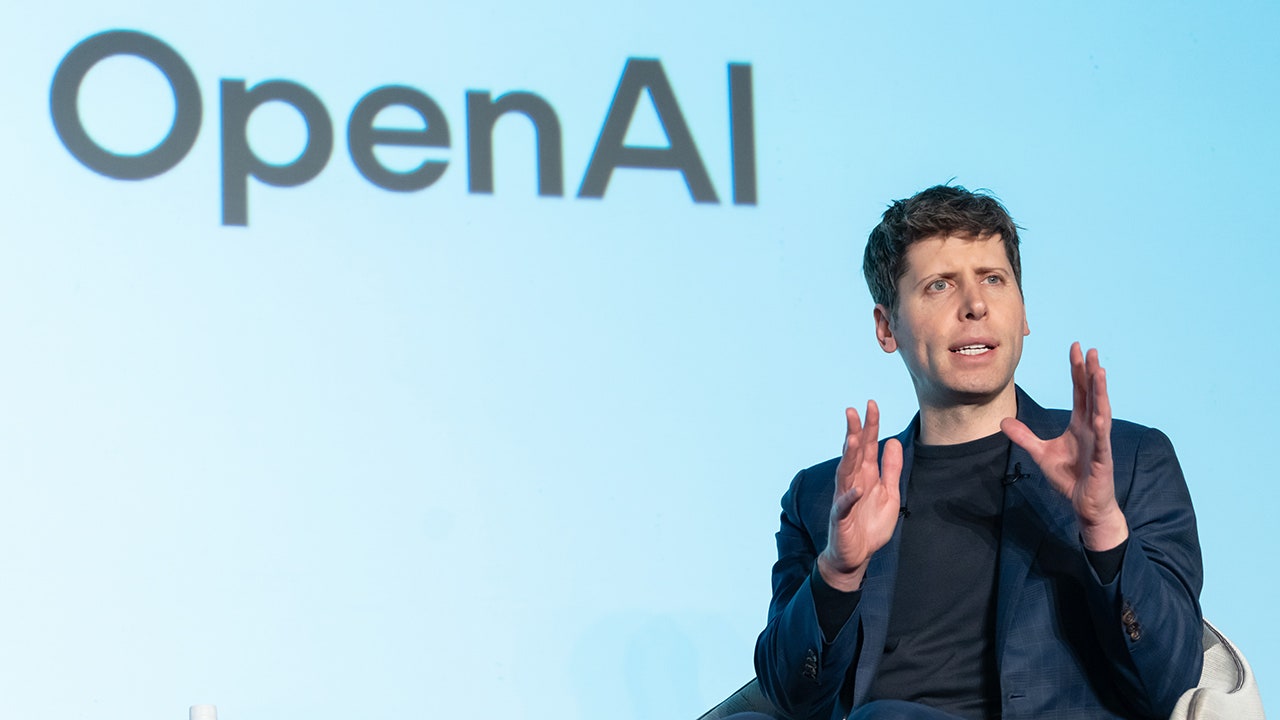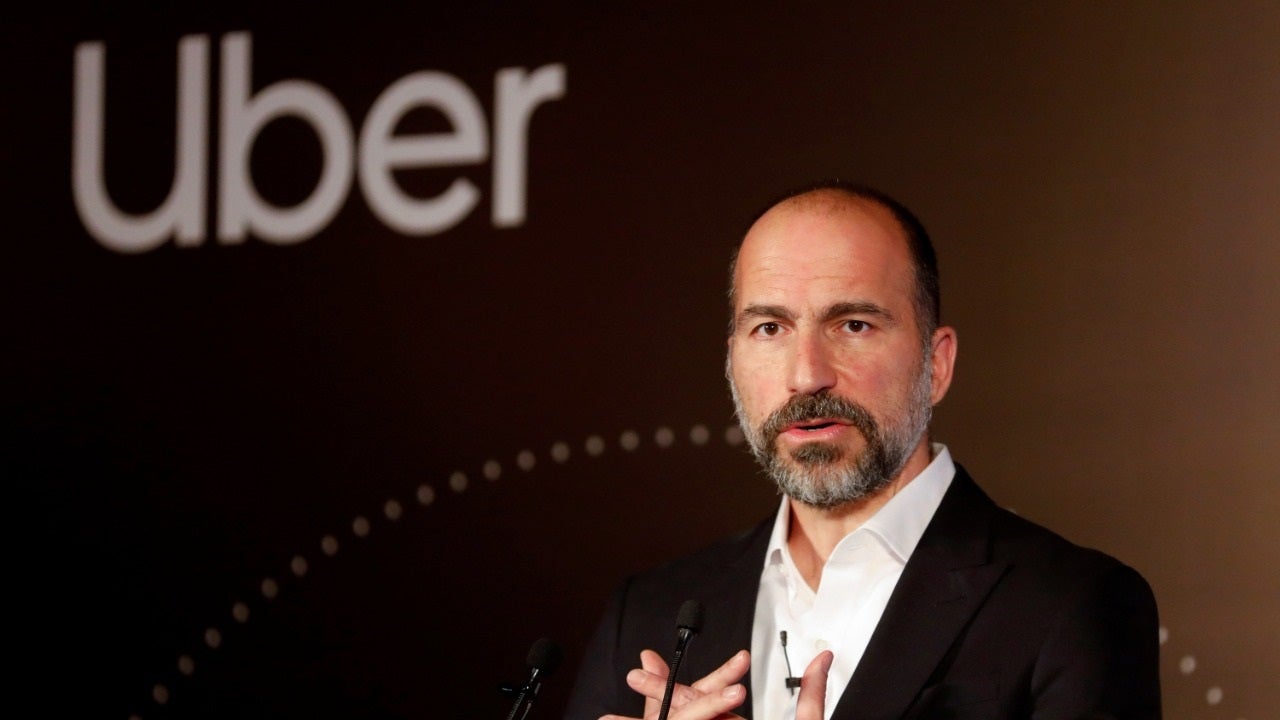OpenAI CEO Sam Altman and other leaders of artificial intelligence (AI) technology companies will meet with members of the U.S. Senate Thursday to testify about the future of AI and its potential impact on the country and world.
Altman, Advanced Micro Devices (AMD) CEO and Chair Lisa Su, CoreWeave CEO and co-founder Michael Intrator and Microsoft Corporation Vice Chair and President Brad Smith will testify before the Senate Committee on Commerce, Science, and Transportation at 10 a.m. ET.
“The way to beat China in the AI race is to outrace them in innovation, not saddle AI developers with European-style regulations. Growth and development of new AI technologies will bolster our national security, create new jobs and stimulate economic growth,” Sen. Ted Cruz, R-Texas, who chairs the committee, said. “This hearing will help us find ways to remove restraints on the AI supply chain and unleash American dominance in machine learning and next-generation computing.”
Altman is leading the Stargate Project, a $500 billion investment in new AI infrastructure in the U.S.
OPENAI’S CHATGPT BRIEFLY GOES DOWN FOR USERS ACROSS THE GLOBE
The project is intended to secure America’s position as the leader in AI while creating hundreds of thousands of jobs in the U.S. and generating economic benefits for the entire world.
FOX Business obtained excerpts of Altman’s testimony ahead of the hearing, in which he provided examples of several major advances in AI that the world will see.
“In 2025, we will release AI-powered tools that can handle sophisticated software engineering and AI agents that can handle real-world tasks like making doctor’s appointments and helping to run a business,” Altman said. “These agents will be super assistants who can collaborate with workers in every industry, doctors in all specialties and scientists in every field of research.
OPENAI ANNOUNCES US NATIONAL LABORATORIES PARTNERSHIP, PLANS TO SUPPORT WORK ON NUCLEAR SECURITY AND MORE
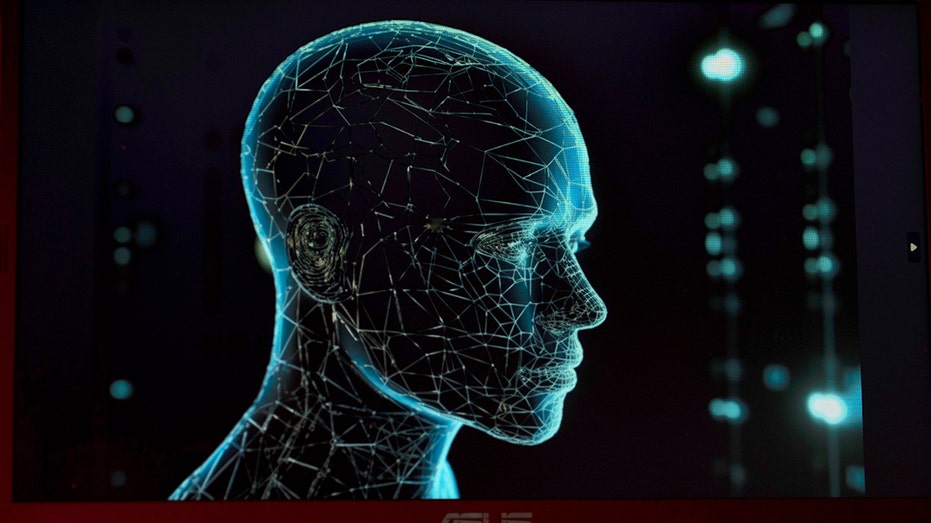
“In 2026, AI may unlock a new wave of scientific breakthroughs by designing experiments to tackle America’s toughest challenges in climate, health and national security,” he added. “And, in 2027, AI-powered robotics could push AI-driven productivity gains into the physical world, handling routine tasks so people can spend more time on the work and activities they enjoy.”
Altman wrote that, in 2016, Cruz held his first hearing on AI, when OpenAI co-founder Greg Brockman told the committee that artificial general intelligence (AGI) models were “probably between 10 and 100 years away.”
“Today, the science of AI has advanced so significantly that we are now confident that we’ll reach that milestone during President Trump’s time in office,” Altman wrote.
AI WILL HELP LOWER PRICES, BUT COULD BE USED BY AUTHORITARIAN GOVERNMENTS, OPENAI CEO SAM ALTMAN SAYS
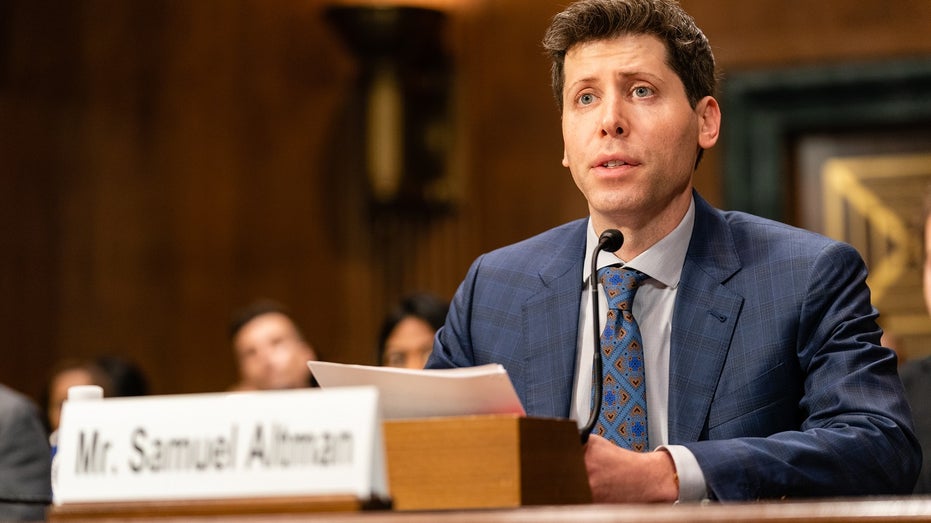
The full potential of AGI, though, will not be realized unless it is safe.
“The same capabilities that will enable AGI to support scientific breakthroughs and accelerate human progress will also create new risk areas,” Altman said. “That’s why we red-team relentlessly and lead the industry in transparency.”
Ultimately, he said, “good will outweigh the bad by orders of magnitude.”
OPENAI CEO SAM ALTMAN RINGS IN 2025 WITH CRYPTIC, CONCERNING TWEET ABOUT AI’S FUTURE

The technology will take humanity into what Altman called “the Intelligence Age,” which he described as “an era when everyone’s lives can be better than anyone’s life today.”
“This future can be almost unimaginably bright, but only if we take concrete steps to ensure that an American-led version of AI, built on democratic values like freedom and transparency, prevails over an authoritarian one,” Altman said. “The stakes could not be higher. and Congress is right that the United States must lead the way.”
Stargate’s flagship site is in Abilene, Texas, and, on Wednesday, Altman, Brockman and OpenAI Vice President of Infrastructure Peter Hoeschele stopped by the site to see its progress.
Ahead of the visit, OpenAI also announced a program called OpenAI for Countries, designed to help governments who want their own Stargates to build AI infrastructure.
Read the full article here






